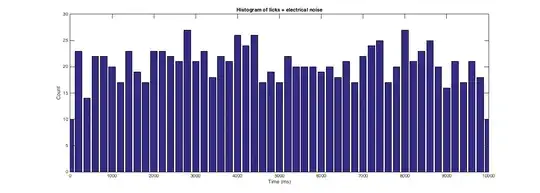Suppose we're interested in the effect of $D$ on $Y$. Suppose that variables $D$ and $O$ are mutually dependent on a variable $C$, and that $Y$ is mutually dependent on variables $D$ and $O$. I find it quiet obvious that we could condition on $O$ to observe the desired effect. However, my professor and textbook say that equivalently, we could condition on "C". Personally, I do believe that this is incorrect for the following reason:
If we conditioned on $C$, then theoretically, there would be no variance in $D$, $O$ or $Y$, and so a causal relationship between $D$ and $Y$ could not be determined. But even if there were some variance in $D$ within each strata of $C$, there could very well also be some variance in $O$ within each strata of $C$. If this were the case, then even after having conditioned on $C$, variance in $Y$ could still be attributable to both variance in $D$ and variance in $O$. Hence, the direct causal effect of $D$ on $Y$ cannot be determined from conditioning on $C$.
Assuming that my professor and textbook are correct, where is my analysis lacking?
